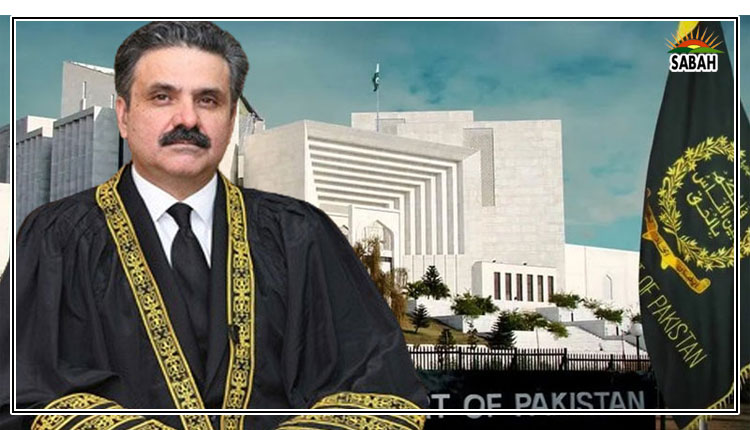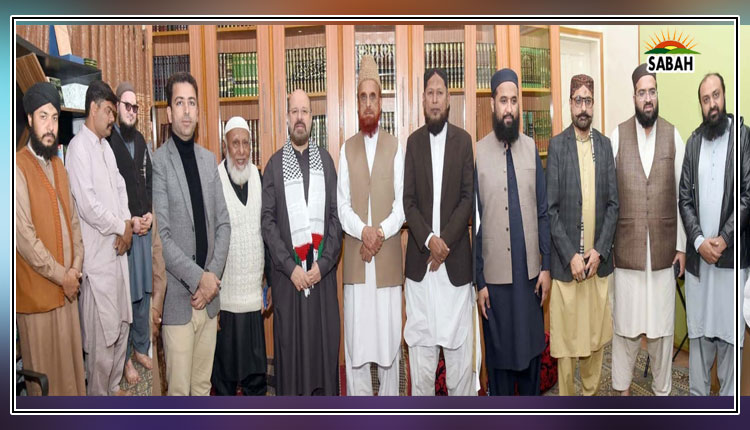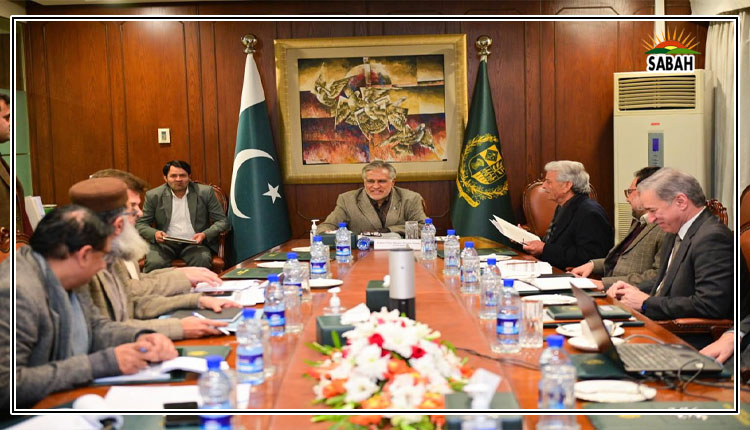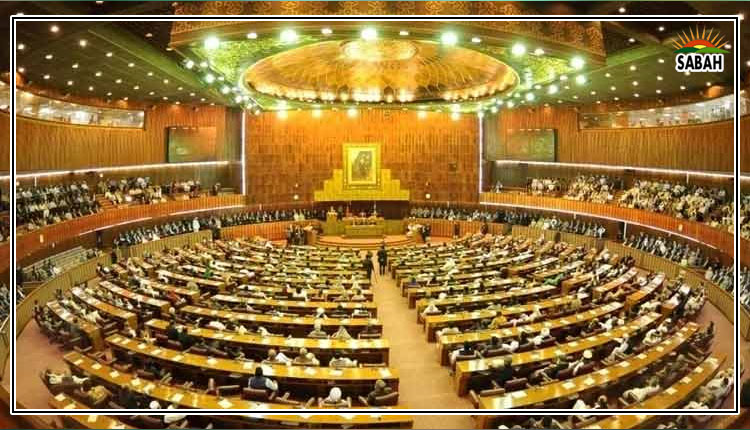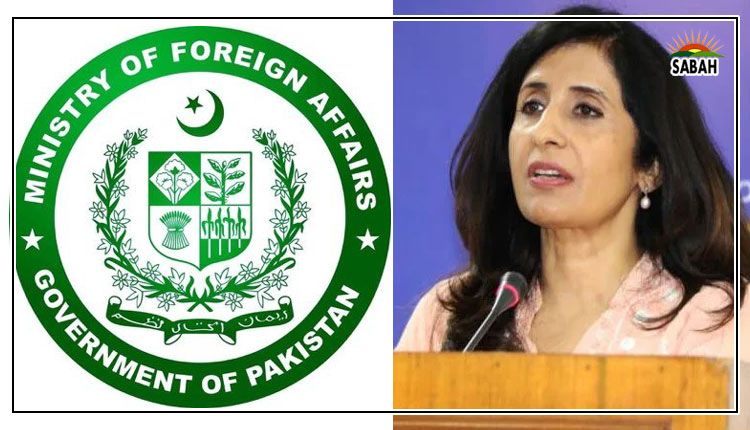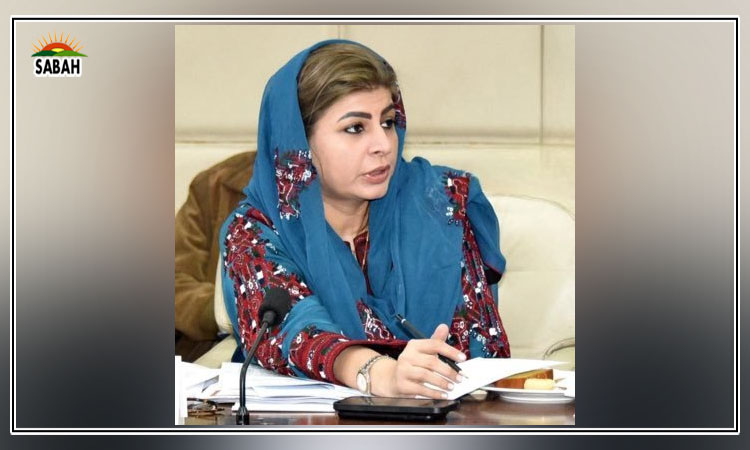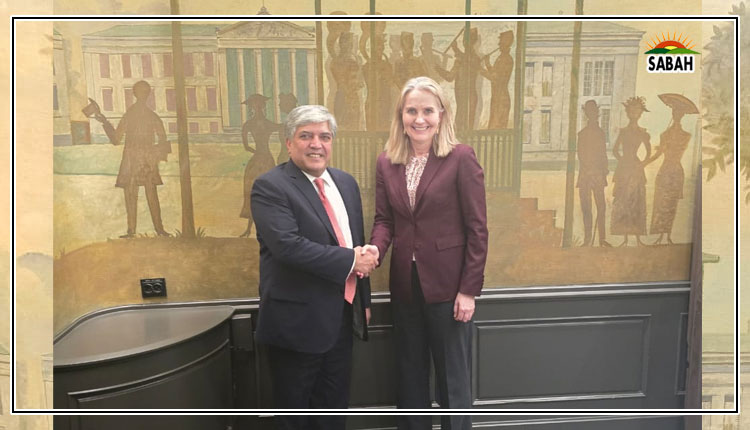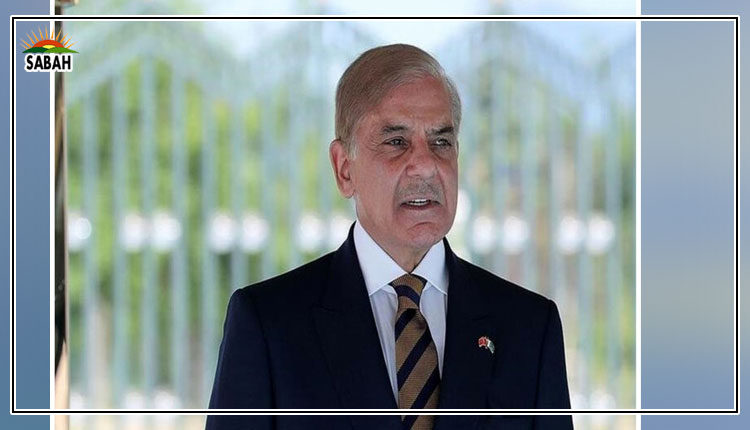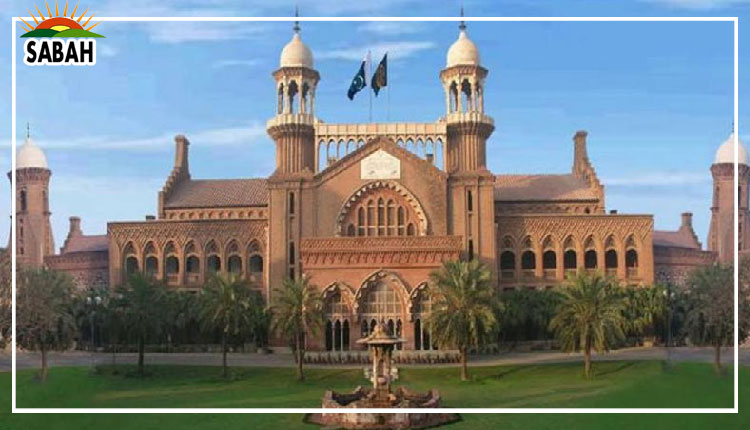LHC directs medical examiners in the province to ensure ‘mentioning cogent reasons in MLC
LAHORE, Jan 20 (SABAH): The Lahore High Court (LHC) on Thursday directed the medical examiners in the province to ensure “mentioning cogent reasons in Medico-Legal Certificates (MLC)”
Justice Ali Zia Bajwa was hearing a petition in which the order of a district court had been challenged. The petitioner had sought registration of FIR but the district court judge, following the possibility of fabrication of injury in his MLC, had dismissed it.
The judge passed the directions in response to a report submitted by an additional health secretary of the Primary & Secondary Healthcare Department which revealed that “approximately 90% medical examiners are inexpert, untrained and know nothing about the practical aspects of examining an injured”.
The report further revealed that “only 10.45% medical examiners meet the minimum qualification threshold which is mandatory before start of medico-legal work”.
Justice Ali Zia Bajwa further ordered the concerned quarters that “both, Primary & Secondary Health Care and Specialized Healthcare & Medical Education Departments shall ensure that medical examiners should meet the minimum qualification threshold and no unqualified and inexperienced doctor shall be posted to perform such crucial and sensitive job”.
“Minimum qualification threshold should be improved gradually as one-month practical training course seems inadequate and too short to perform such a sensitive and complex job,” the judge ordered.
“Every medical examiner shall be bound to furnish his reasons in support of his opinion and for that purpose, a space shall be provided in the Medico-Legal Certificate.”
The court further observed that the opinion of a medical examiner was not only relevant but also most pivotal in the criminal justice system and at times, it plays a decisive role when coupled with othr evidence.
The guarantee of a fair trial under Article 10-A of the Constitution was a wishful expectation without a medico-legal system comprising of experts having adequate qualifications and skills.
A medico-legal system with 90% inexpert and unqualified medical examiners surely was not in consonance with the right to a fair trial as guaranteed under Article 10- A of the Constitution, the LHC observed further.
Justice Ali Zia Bajwa added that rendering such an opinion without offering convincing reasons and justification was not in accordance with the settled norms of justice.
On April 8, 2008 instructions were issued by surgeon medico-legal in Punjab to all the chairmen of District Standing Medical Boards (DSMB) that the practice of writing “possibility of fabrication/manipulation cannot be ruled out” was wrong and unjustified in the absence of substantial grounds and supporting evidence and should be stopped immediately, Justice Bajwa observed.
Chairmen of DSMB had turned a deaf ear to such instructions. Subsequently revised Standard Operating Procedures were issued on October 13, 2020.
According to the revised SOPs for medico-legal cases, the medical officer, after physical examination of an injured person, while issuing the medico-legal certification, holding the possibility of fabrication of any injury as “Yes”, he/she must record reasons in an unambiguous term (s) on the basis of principles of medical jurisprudence. Unfortunately, these SOPs also had never been followed for the reasons best known to medical examiners, Justice Bajwa observed.
Furthermore, a system to carry out medico-legal examinations, forensic analysis and autopsies is part of the right to a fair trial as ensured under Article 10-A of the Constitution of the Islamic Republic of Pakistan, 1973 (‘Constitution’), hence it should be impeccable and unerring. The medical examiner plays a key role in the medico-legal system and criminal justice system, the judge observed.


